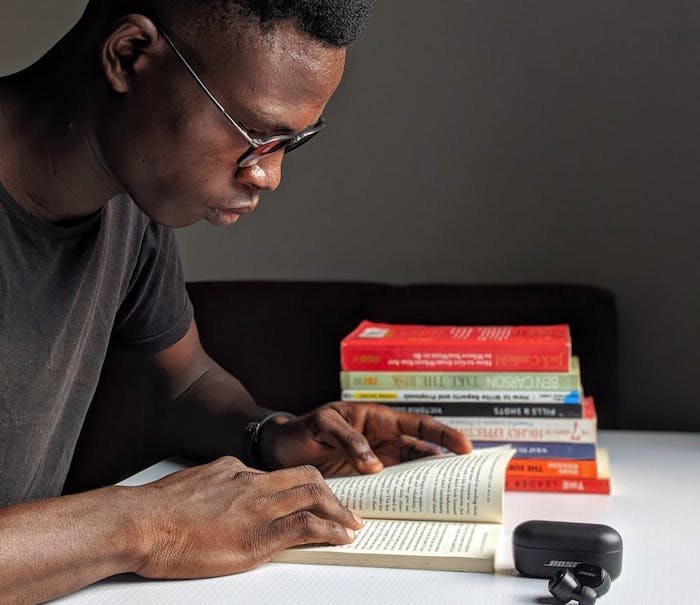The common assumption is that it takes 21 days to form a habit, but as it turns out, that’s actually a misconception!
The number of things that can be classified as a “habit” is nearly endless, so how can a 21-day range apply to both a simple practice (like making your bed) and a major one (like giving up smoking)? To put it simply, it can’t.

A European Journal of Social Psychology study from 2009 reported that it takes anywhere from 18 to 254 days to develop a new habit, with an overall average of about 66 days.
At their core, habits are simply actions we have become conditioned to do. Like putting on a seatbelt or using soap when we wash our hands, they become practices that we do without thinking about it.
So how do we create new habits? How do we cause new actions to stick in place and become second nature? Here are nine strategies to help you do just that!
1. Consistency really is key.
It can be overwhelming to jump into a new habit with a 66-day goal in mind, so just start small! Begin by adding in your new habit bit by bit, such as going to the gym one day a week as you build up to three.
Focus on your short-term goals, and before you know it, they’ll merge right into long-term habits. Whatever you do, keep at it and stay consistent.
2. Give yourself cues.
These actions aren’t second nature yet, so it can be easy to let them slip our minds. Help yourself out by placing reminders around your home or by setting alerts on your phone to keep you from forgetting.
3. Replace bad habits with something new.
If your goal is to kick a bad habit, be ready with something positive to replace it. For example, if you’re limiting your time on social media, choose beneficial activities to fill the gap, such as reading a book, trying out a new recipe, or going on a run!
4. Surround yourself with role models.
Get around people who are already successfully modeling the habits you’re trying to implement in your life. Let their motivation and dedication motivate you, too!
It’s also a great idea to seek out a buddy to keep you accountable in your habit-forming journey.
5. Set yourself up for success.
Remove any and all potential temptations from your surroundings before diving in. For example, replace your junk food with great nutritious options or put your partner or roommate in charge of the TV’s remote control.
6. Visualize your success.
There is a classic Neuro-Linguistic Programming technique called the Swish Pattern, which involves visualizing the version of yourself that has already mastered the new habit.
Visualize the relief, joy, energy, and productivity your future self has every time you decide to follow the positive habit or decide not to engage in a destructive one. Do this each time you’re tempted to fall back into your old ways to keep yourself on track.
7. Educate yourself on the risks and benefits.
If you’re trying to form a new habit, spend time researching the benefits of picking up this new lifestyle, such as increased energy or improved health.
If you’re trying to quit a habit, remind yourself of the risks and negative impacts it poses, be it health issues, a social media addiction, or increased anxiety. Motivate yourself through education.
8. Strengthen your motivation.
Think of these habits in terms of your greater goals. Will exercising increase your energy levels and help you progress in your career? Will limiting your television time open up more hours in your day to spend with your family or practice an instrument?
Weak incentives won’t produce results. We must motivate ourselves with exciting end goals!
9. Expect imperfection and remain hopeful.
Above all, don’t expect to get it right every time, especially at the start. In fact, build in a few passes for yourself to remove a bit of the pressure when you first get going. If it was easy to do, people would pick up new habits every minute of every day!
As with many of the best things in life, it might not be easy, but you’ll be so grateful and proud that you stuck with it!
Have a new habit in mind? We challenge you to join us in getting started today!
Share these tips with a friend to motivate them.
Want to be happier in just 5 minutes a day? Sign up for Morning Smile and join over 455,000+ people who start each day with good news.









